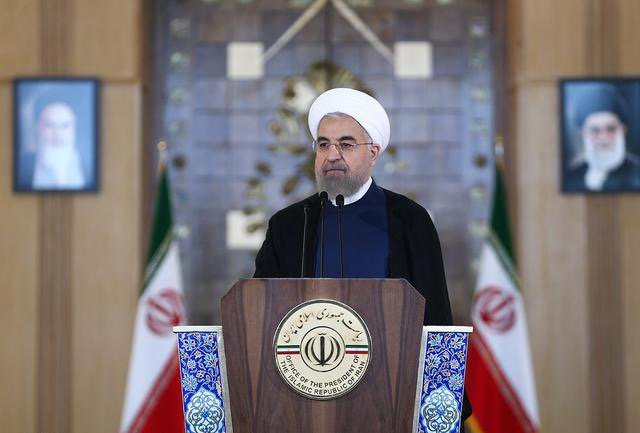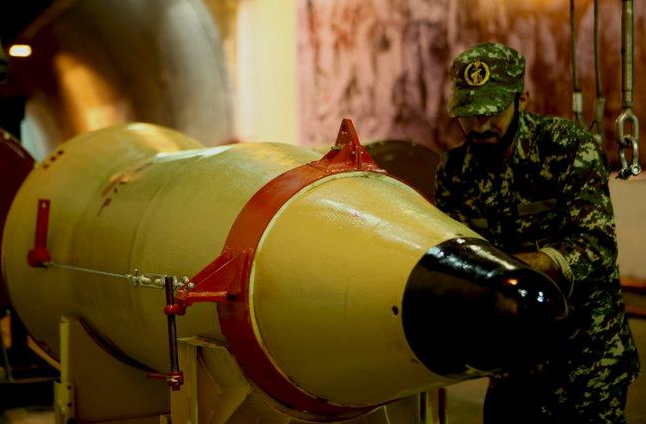
Iran's Atomic Energy Organisation AEOI on Thursday, November 7 began injecting gas in centrifuges in Fordow nuclear complex in a move that signified its stand on the 2015 nuclear deal. The nuclear deal bans enrichment and nuclear material from entering Fordow. With Iran releasing feedstock gas into centrifuges, the facility which is built inside a mountain on north of the Shiite holy city of Qom transformed from a status of a research plant into an active nuclear site, the state nuclear agency stated.
"After all successful preparations ... injection of uranium gas to centrifuges started on Thursday at Fordow ... all the process has been supervised by the inspectors of the UN nuclear watchdog," the AEOI was quoted as saying by Reuters. Head of Iran's nuclear agency, Ali Akbar Salehi had stated earlier this week that 30 advanced IR-6 centrifuges were to be launched and uranium gas will be injected into 1,044 centrifuges at its Fordow nuclear facility.
Iranian President Hassan Rouhani had said the move was initiated as a reminder to the conditions of the nuclear deal. "We can't unilaterally accept that we completely fulfil our commitments and they don't follow up on their commitments," Rouhani said in a televised speech on Monday. He also stated that when "they uphold their commitments" the gas supply will be stopped indicating that the step towards nuclear activity is "reversible". "We know their sensitivity with regard to Fordow ... With regards to these centrifuges, we know," he added.
While UN official from the International Atomic Energy Agency witnessed and confirmed the nuclear activity, according to Reuters, Iran confirmed that it had blocked a UN official from visiting a site at Natanz last week. The incident is described to be the first case in which a UN inspector was denied entry into the nuclear site over heightened tensions.

The state-run IRNA news agency, citing Iran's atomic agency, however, claimed the woman was stopped "due to concerns over carrying suspicious materials." The contentious steps were taken after Iran repeated warnings to the United States of removing the economic sanctions imposed against the country after US President Donald Trump's administration withdrew from the Joint Comprehensive Plan of Action (JCPOA) also known as the Iran nuclear deal.
AEOI's spokesman Behrouz Kamalvandi confirmed that inspectors from the international nuclear agency will visit the site on Saturday when the uranium enrichment level of 4.5 per cent will be "achieved". While the stated increased limit is beyond the amount permitted in the nuclear deal, the 4.5 per cent is much less than the weapons-grade level of 90 per cent.
Iranian President Hassan Rouhani on September responded to the recent US sanctions, in which Iran's central bank was blacklisted for a second time, and said the move pointed to US "desperation" in face of the Iranian resistance. The United States imposed sanctions on Iran following the September 14 attacks on Saudi's Aramco oil facilities which Riyadh and US officials said have blamed on Iran. Tehran denied involvement in the attacks which was claimed by Yemen's Houthi movement, an Iran-aligned group fighting a Saudi-led alliance in Yemen's civil war.









